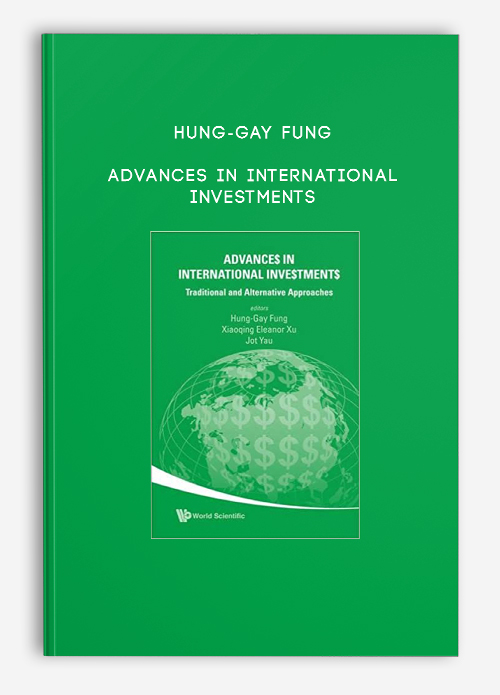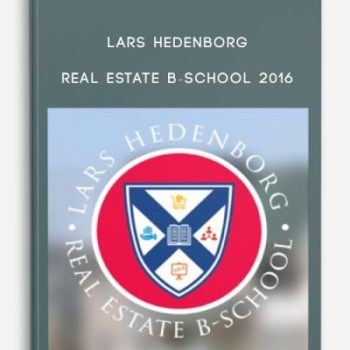
Hung-Gay Fung – Advances in International Investments
Description:
The globalization of financial markets has led to an integrated world market. Emerging economies such as China and India have opened up their markets to foreign investors. New instruments such as exchange-traded funds are being created, and current instruments are being expanded to include real asset investments such as natural resources and real estate investments.
To better understand the full range of investments available, this book identifies different asset classes and current hot topics such as new financial instruments, innovations, and strategies in a changing global environment. Asset class, which can be labeled as either traditional or alternative investments, is examined in three areas: (1) trends — description of the current topic/instrument/strategy in the chosen asset class; (2) opportunities — identification of what is new and/or where to invest or arbitrage, i.e., location; and (3) risks — determination of the risks (peculiar to the location) and how international investors can manage/reduce/eliminate them.
Contents: General Issues of International Investments: International Investment: Current State and Challenges from the US Perspective (H-G Fung et al.); Socially Responsible Investing: Growth and Development in International Financial Markets (S A Law & J Yau); Traditional Investments: Global Equity Investments and Analysis (L T W Cheng); Exchange-Traded Funds (Y-M Tse); Global Fixed Income Markets and Portfolio Management (X-Q E Xu); Alternative Investments: Hedge Funds (J Yau & G K Yeung); International Real Estate (G A Patterson); Global Perspectives on Venture Capital and Private Equity (X-Q E Xu); Managed Futures (A Ates & G H K Wang); Derivatives: Credit Derivatives: Trends, Challenges and Opportunities (G-Y Zhang); Currency Derivatives and Emerging Market Currencies: Strategies, Perspectives, and Trends (A L Loviscek).
Real Estate course
What is real estate? Learn about Real Estate
Real estate investing involves the purchase, ownership, management, rental and/or sale of real estate for profit.
Improvement of realty property as part of a real estate investment strategy is generally considered to be a sub-specialty of real estate investing called real estate development.
Real estate is an asset form with limited liquidity relative to other investments,
it is also capital intensive (although capital may be gained through mortgage leverage) and is highly cash flow dependent.
If these factors are not well understood and managed by the investor, real estate becomes a risky investment.
Preview Information:
More Course: REAL ESTATE INVESTING
Outstanding Course: Smart Real Estate Coach – Live Buyer Calls












Lord –
This is Digital Download service, the course is available at Coursecui.com and Email download delivery.